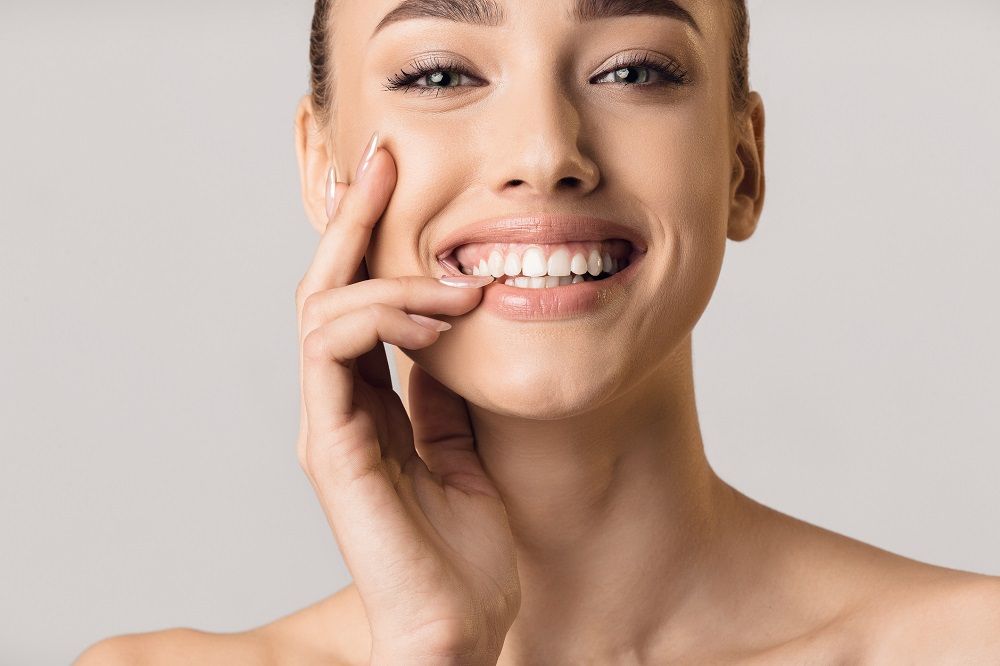Biting your fingernails is a common bad habit. You might know that this unhygienic behavior is unappealing to do in public. But nail biting may also come with risks to your smile.
You could put your teeth and gums in danger if you do not stop this behavior. Your dentist can help you curb bad oral habits. Give your dentist’s office a call for advice.
You can also better resist the temptation to bite your nails when you know more about the potential risks involved. Read on to learn about three oral health dangers that may develop if you continue to bite your fingernails.
Risk of Tooth Breakage
Your teeth feature a hard outer layer called enamel which allows you to chew and bite without issue most of the time. However, your teeth are not indestructible. Under high pressure, a tooth might crack, chip, or fracture.
Minor tooth breakage might disrupt the appearance of your smile. But even a small crack in a tooth will require urgent treatment from a dentist. Otherwise, the injury will deepen and put your smile in further danger of infections, decay, and more.
Biting your nails will exert this harmful high pressure on your teeth, meaning you could suffer dangerous tooth breakage. Stop this habit to eliminate the danger of breaking your teeth. Then you can avoid the need for restorative dental work to amend tooth breakage.
Damage to Existing Dental Work
You likely have some dental work currently within your smile, such as dental fillings following cavity treatment. You may also have restorative fixtures over your teeth, like a crown, or cosmetic solutions, like veneers.
Your dentist designs dental fixtures to withstand the everyday wear and tear of your usual oral functions. But as with your teeth, your dental work might sustain damage under immense pressure. Biting your nails could cause existing dental fixtures to break or dislodge from your teeth.
Whether you damage a filling, crown, or veneer, you will need to tell your dentist right away about any broken dental work. Loose dental fixtures expose your underlying teeth to harmful particles, meaning you have a high risk of further dental concerns.
You will need to see your dentist as soon as you can to fix this dental work. Ideally, you should save time and money from these repairs by avoiding the problem in the first place. This means stopping a nail-biting habit.
Introduction of Germs to Your Mouth
Bringing your fingernails to your mouth to bite them will transfer oral bacteria to your hands that you can then spread to other surfaces. This will heighten the spread of contagious illness. But the inverse will also occur with this habit: you will bring germs to your mouth too.
Excess bacteria in your mouth can lead to a number of problems, including a heightened risk of oral infections such as gum disease. While common, this infection of the gum tissue can create many complications for your teeth, gums, and jaw.
You will need help from your dentist to treat this infection, so you should avoid contracting it in the first place when you can. This means eliminating risk factors like nail biting and other poor oral habits.

